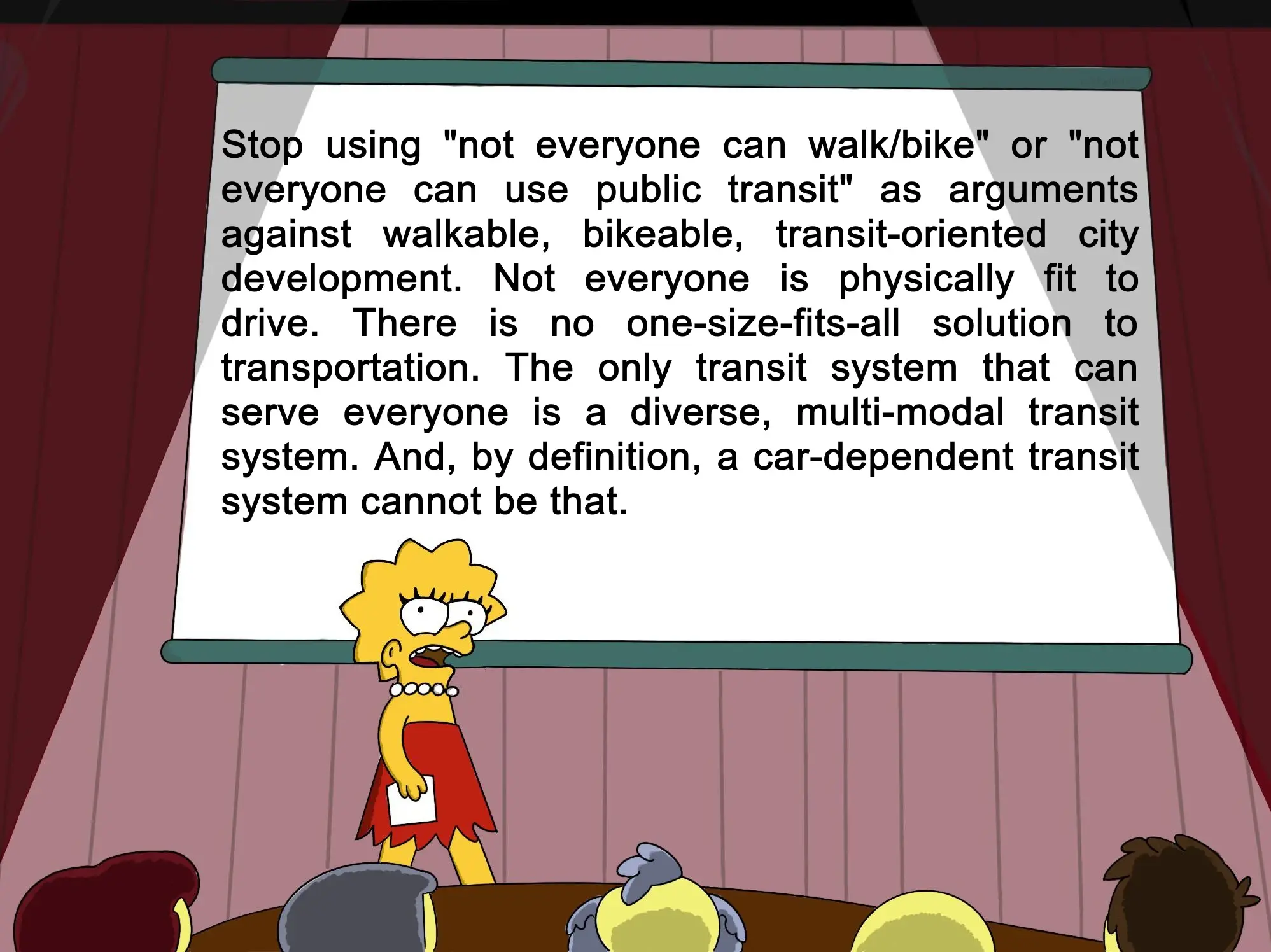Exactly. I've seen it with faaaaaar too many tankies and even populist leftists. Instead of advocating for empirically-driven policy that would measurably improve the world, there's a ton of rhetoric about how we just need to punish capitalists/fascists/landlords/neolibs/billionaires/etc. harder to fix the world's problems.
At this point, I think it's just a deep-rooted flaw of the human psyche that we're just inclined towards trying to force our solutions through by punishing those who oppose us, rather than trying to deeply understand the dynamics at play and changing the underlying structure to incentivize the outcomes we want.
And if we fail to address the tendency towards knee-jerk, brute-force, authoritarian "solutions" to problems within our own ranks, we'll meet the same fate as every other revolution-turned-brutal-dictatorship.






Excellent point, brother. Always choose AMERICAN MUSCLE over COMMIE OIL.